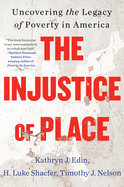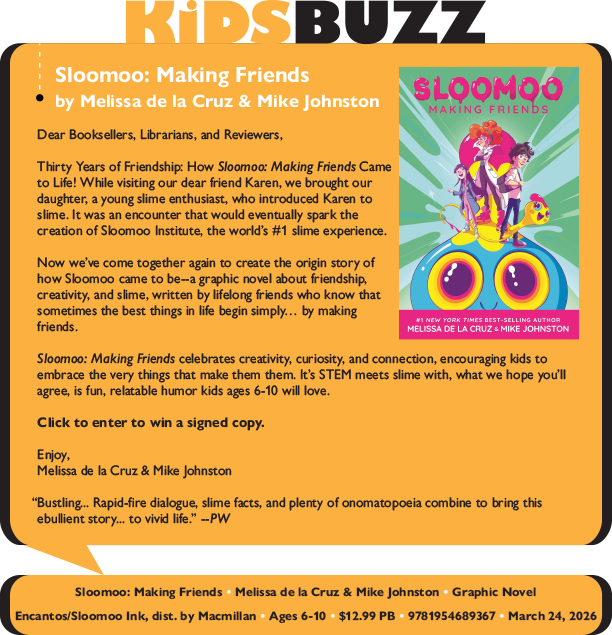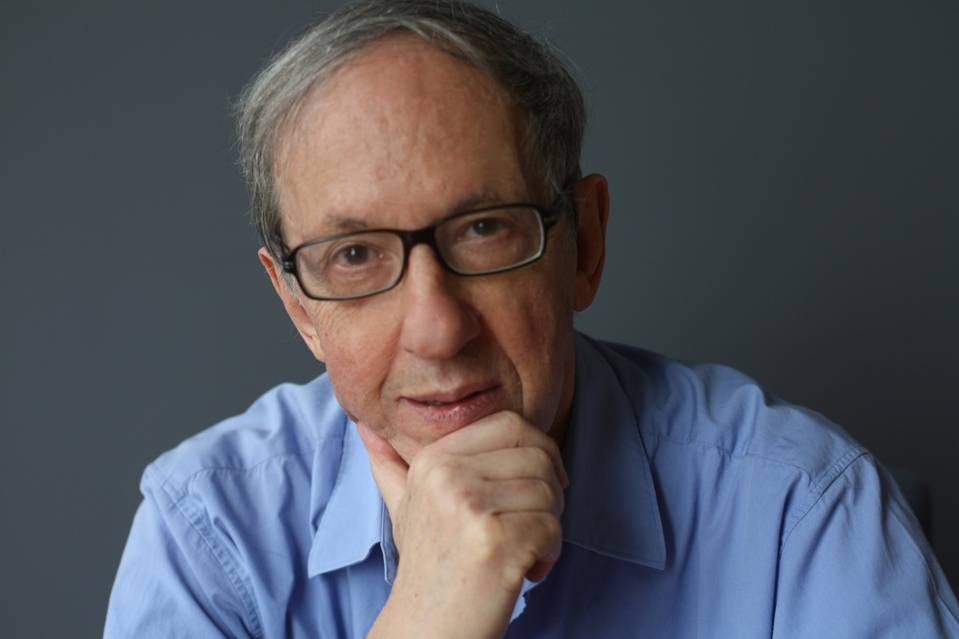 |
Robert Gottlieb
(photo: Michael Lionstar) |
Robert Gottlieb, the renowned editor of many of the most important authors and works in the last half of the 20th century at Simon & Schuster, Knopf, and the New Yorker, died yesterday. He was 92.
As the New York Times noted, "Colleagues called him incisive but sensitive to writers' eggshell egos. His skills won him a loyal following of authors."
Those authors included John le Carré, Robert Caro, Toni Morrison, Salman Rushdie, John Cheever, Joseph Heller, Doris Lessing, Chaim Potok, Michael Crichton, Ray Bradbury, Antonia Fraser, Barbara Tuchman, Bill Clinton, Katharine Graham, Jessica Mitford, Anthony Burgess, V.S. Naipaul, Mikhail Baryshnikov, Nora Ephron, Bob Dylan, John Lennon, Paul Simon, Lauren Bacall, Sidney Poitier, Elia Kazan, Katharine Hepburn, and Irene Selznick.
He was editor of such classics as Catch-22, The Andromeda Strain, The Satanic Verses, most of Toni Morrison's oeuvre, The American Way of Death, Heartburn, and many more.
Gottlieb joined Simon & Schuster in 1955 as assistant to the editor, Jack Goodman. In 1957, he became a senior editor. He was made editor-in-chief in 1965.
In 1968, he joined Knopf as v-p and editor-in-chief. He became president of Knopf in 1973. In 1987, he made a move that shocked the book--and magazine--world: he became editor of the New Yorker, succeeding William Shawn, the longtime second editor of the magazine. He held the position until 1992, and then began editing books for Knopf again as an editor-at-large.
His arrival at the New Yorker was met by protests among the staff, who defended Shawn. Still, as the New Yorker noted yesterday, he soon was warmly welcomed: "He padded around the place in the outfit of a Columbia undergrad of his generation (khakis, sports shirt, shoes optional), and he proudly exhibited, in his office, a sampling of his vast collection of plastic handbags. And he worked tremendously hard, reading manuscripts almost instantly as well as thoroughly, mindful of the anxious writer waiting by the telephone for some kind of reaction."
During his first period at Knopf, Gottlieb edited The Power Broker by Robert Caro, his biography of Robert Moses, which won the Pulitzer Prize. He went on to edit the first four books of The Years of Lyndon Johnson, Caro's epic biography of the former president. Caro has been working on a final volume of the biography for more than a decade, and Gottlieb had planned on editing it to its completion. The project was the subject of a charming documentary last year called Turn Every Page, directed by Gottlieb's daughter, Lizzie Gottlieb.
Caro said yesterday, "I have never encountered a publisher or editor with a greater understanding of what a writer was trying to do--and how to help him do it."
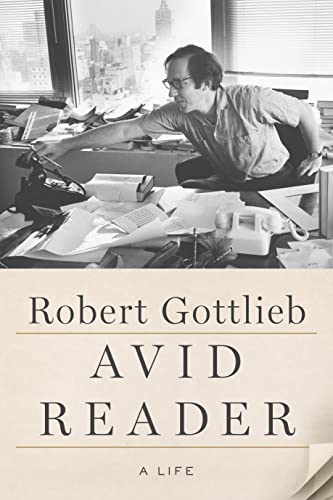 In 2016, John le Carré told the Times that Gottlieb "wasn't just an editor, he was the editor. I never had an editor to touch him, in any country, nobody who could compare with him." He added that Gottlieb, the Times wrote, "often gave editorial direction through hieroglyphics scribbled in the manuscript's margin--a wavy line, for example, meant the language was too florid; an ellipses or a series of question marks meant think harder and try again."
In 2016, John le Carré told the Times that Gottlieb "wasn't just an editor, he was the editor. I never had an editor to touch him, in any country, nobody who could compare with him." He added that Gottlieb, the Times wrote, "often gave editorial direction through hieroglyphics scribbled in the manuscript's margin--a wavy line, for example, meant the language was too florid; an ellipses or a series of question marks meant think harder and try again."
In a wide-ranging 2016 interview with Gottlieb in the Paris Review, Toni Morrison said, "I never write with Bob in mind; that would be very bad for me. He isn't the ideal reader for the product, but he is the ideal editor for it."
Pico Iyer wrote on Twitter, "Hard to believe that the craggy giant of recent American literature Cormac McCarthy--akin to a rock archway in Utah--and the most revered editor in America, Robert Gottlieb, die within 24 hours of one another. May the next generation be worthy of their majesty."
Gottlieb was also a dance critic for the New York Observer, wrote book reviews for the New York Times, and wrote several books, including the memoir Avid Reader: A Life; Near-Death Experiences... and Others, a collection of essays; biographies of George Balanchine, Sarah Bernhardt, and Greta Garbo; a book about Charles Dickens's family; and A Certain Style: The Art of the Plastic Handbag, 1949-1959.
In Avid Reader, he wrote, "There are editors who will always feel guilty that they aren't writers. I can write perfectly well--anybody who's educated can write perfectly well. It's very, very hard, and I just don't like the activity. Whereas reading is like breathing."
 Silly Bunny Toys & Books, a children's bookstore and toy shop, opened last month in Salem, Mass., Patch.com reported.
Silly Bunny Toys & Books, a children's bookstore and toy shop, opened last month in Salem, Mass., Patch.com reported.












SHELFAWARENESS.1222.T1.BESTADSWEBINAR.gif)

 In 2016, John le Carré told the Times that Gottlieb "wasn't just an editor,
In 2016, John le Carré told the Times that Gottlieb "wasn't just an editor, 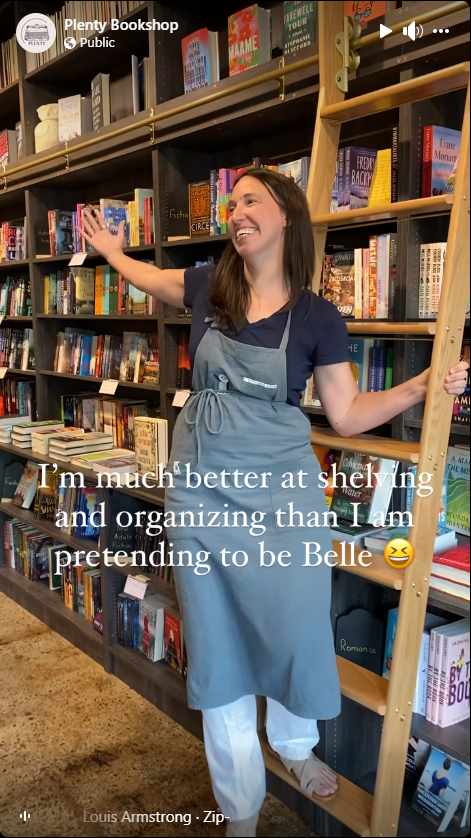
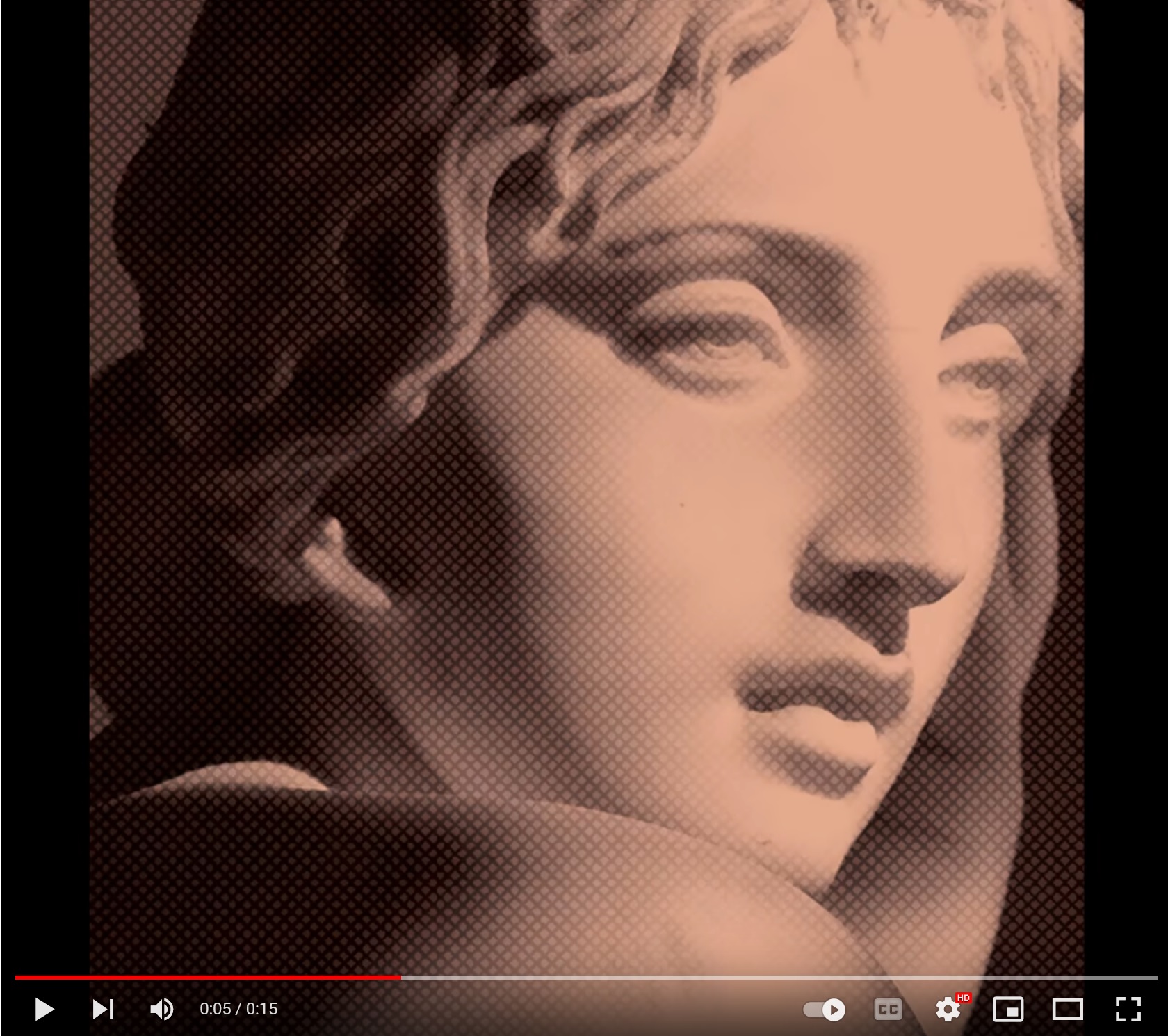 Mrs. S
Mrs. S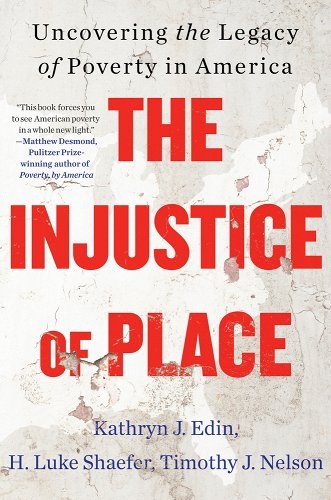 Every few years, an academic work arrives that transcends genre, combining unparalleled research skills with engaging storytelling. The Injustice of Place: Uncovering the Legacy of Poverty in America is undoubtedly one such book. Authors Kathryn J. Edin, H. Luke Shaefer (co-authors of
Every few years, an academic work arrives that transcends genre, combining unparalleled research skills with engaging storytelling. The Injustice of Place: Uncovering the Legacy of Poverty in America is undoubtedly one such book. Authors Kathryn J. Edin, H. Luke Shaefer (co-authors of 